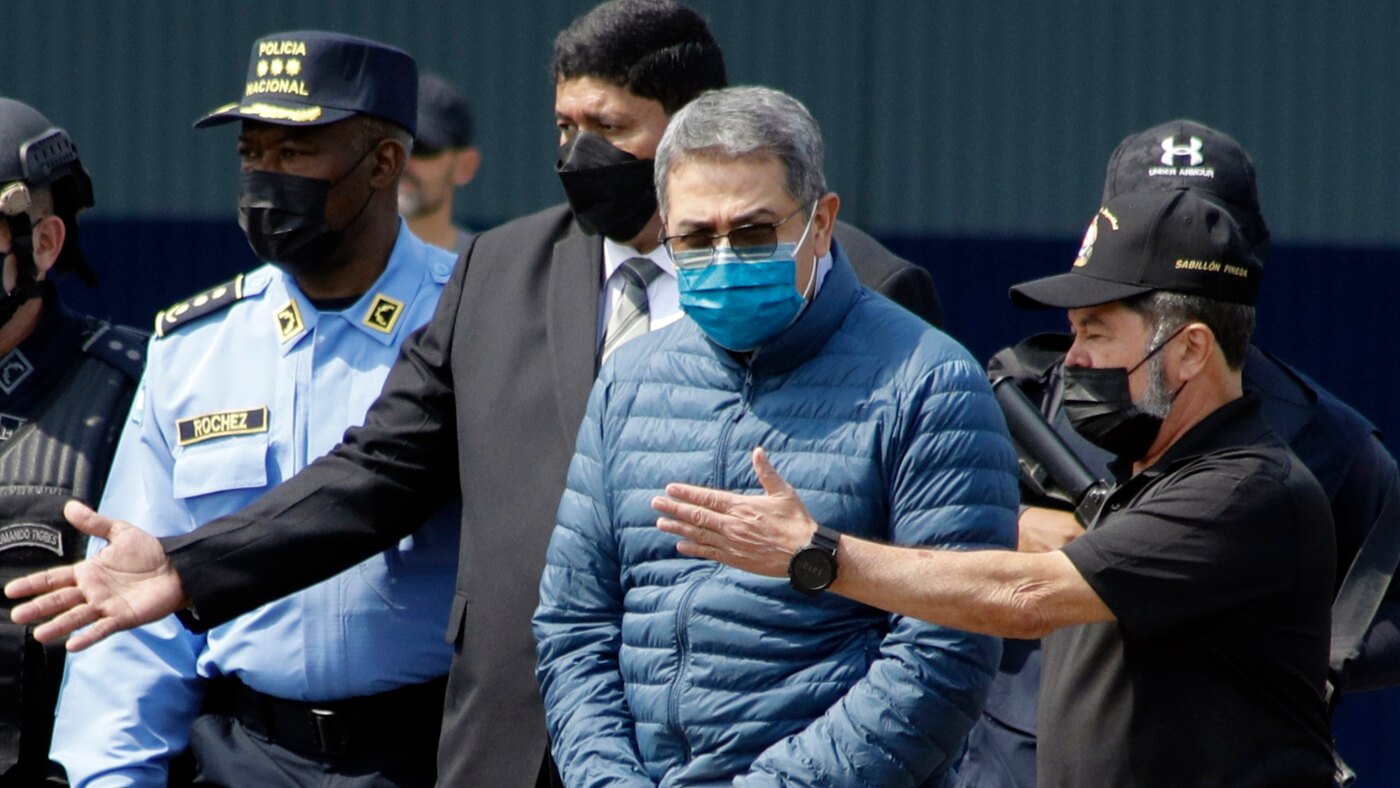PORT-AU-PRINCE, Haiti — PORT-AU-PRINCE, Haiti (AP) — The number of children displaced by violence in Haiti has nearly doubled to 680,000, according to a new UNICEF report released Wednesday, warning that minors are increasingly facing hunger, violence and recruitment by armed groups V Caribbean nation.
Overall, about 6 million Haitians – half the country's population – are in need of humanitarian assistance, including more than 3.3 million children, according to UNICEF.
“Without decisive action, the future of an entire generation is at stake,” the report says.
Gang violence has displaced record 1.3 million Haitians in recent years, many have huddled in temporary shelters after their communities were demolished.
The number of such shelters across the country doubled to 246 in the first six months of the year, according to the report. Of these, more than 30% do not have the infrastructure to provide basic protection.
Many of the hideouts are located in dangerous areas where gangs controlling up to 90% of Port-au-Princecapital of Haiti.
“In many areas, aid workers are unable to safely reach local communities, and families are unable to reach clinics, food distribution sites or schools,” the report notes.
Some 5.7 million people, including more than 1 million children, suffer from acute hunger.
“This has to change,” said Geraldine Mata-Pierre, a mother of two boys ages 13 and 15. “I'm hungry. My kids are hungry.”
They have been living in a shelter for the past two years after gangs raided their community, and Mata-Pierre often calls friends to see if they have any food they can send.
She used to sell plantains, plantains and other crops from rural Haiti at the local market, but gang violence left her without work to feed her children and send them to school.
Her two boys missed an entire school year, but Mata-Pierre said a relative promised to help pay for them this year since classes had just started.
At least one in four children in Haiti is out of school, and more than 1,080 schools have closed this year due to violence, according to a UNICEF report.
During the last school year, more than 1,600 educational institutions were closed and 25 were occupied by armed groups, affecting more than 243,400 students and 7,548 teachers, according to UNICEF.
Meanwhile, 84 schools are being used as temporary shelters this year, and displacement is disrupting the education of nearly 500,000 school-age children, according to the report.
Jeanette Salomon's 20-year-old son is among those deprived of an education.
“He doesn’t go to school, he doesn’t do anything,” she said.
She's already lost her 13-year-old son to a stray bullet that hit him in the head two years ago, and she doesn't want the gangs to recruit her eldest son.
“He has money and I don’t know where he gets it from,” she said. “I’m very protective of it because it’s all I have left.”
Last year, the UN verified more than 300 cases of the recruitment and use of children by armed groups, almost double the number the previous year.
“Children as young as 10 are forced to carry weapons, serve as lookouts, or act as human shields,” the report says. “Girls in particular face severe risks of sexual violence, coercion and exploitation at the hands of members of armed groups.”
Caroline Germain, who lives in the same shelter as Salomon, said she was also worried about her son. But he's 17, and she can barely move around and look after him after losing her leg in devastating earthquake of 2010.
“I hope he understands that he shouldn’t get involved in anything stupid,” she said. “No one will protect him.”
A UNICEF report warns that many of the 1.6 million women and children living in areas controlled by armed groups are largely excluded from assistance.
The agency noted that its humanitarian appeal for children in Haiti is only 13% funded, and programs to protect, feed and provide medical care to minors are limited.
“Children in Haiti are subject to violence and displacement at horrific rates,” said Catherine Russell, UNICEF executive director. “Every time they are forced to flee, they lose not only their homes, but also the ability to go to school and just be children.”
___
Puerto Rico.








